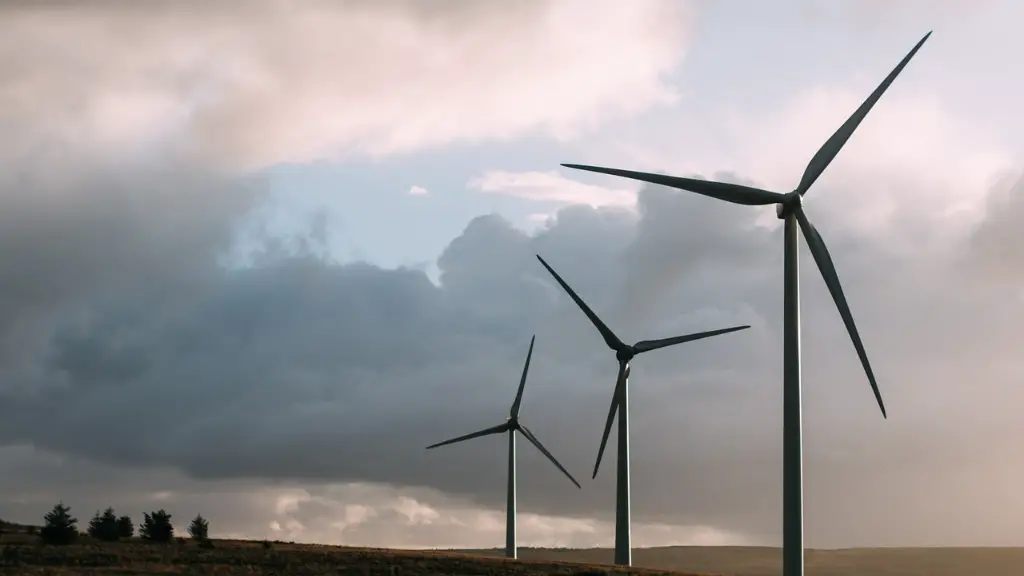Burning fossil fuels has been a subject of heated debate for some time now. On the one hand, it is seen as a necessary source for power and energy; on the other hand it is viewed as a major contributing factor to global warming. While it is true that many benefits come from the burning of fossil fuels, this particular essay will focus on the negative implications of burning fossil fuels and how exactly it contributes to global warming.
When fossil fuels are burned, they create carbon dioxide, which is a greenhouse gas. Greenhouse gases trap the heat from the sun and thus help to increase the overall global temperature. This global temperature increase is known as global warming, which, on its own, causes a variety of environmental problems such as rising sea levels, extreme weather patterns, and the melting of glaciers and Arctic ice. What’s worse, these changes are already setting in motion an acceleration of climate change. This means, unfortunately, that more of the same is coming, with more severe and lasting consequences ahead.
The severity of global warming is even further increased by the trend of deforestation that has accompanied the burning of fossil fuels. Trees are naturally carbon sinks, as they absorb carbon dioxide from the atmosphere. As fossil fuels are burned, the yield of carbon dioxide increases exponentially, leading to an even greater accumulation of greenhouse gases. Meanwhile, as trees are cut down in order to provide the material needed to extract and process the fossil fuels, their ability to sequester carbon is greatly diminished. The net result is a dramatic 70% increase in carbon in the atmosphere.
Although burning fossil fuels has serious global warming implications, it must be noted that this burning is not solely responsible for the increase in climate change. In fact, as the blame game goes, we are all equally responsible. Livestock production, industrial farming, extreme consumerism, and even personal transportation are all activities that contribute to global warming. We must, therefore, move beyond simply condemning the burning of fossil fuels and take into account all the other aspects of human life that contribute to climate change.
To this end, a variety of initiatives and policies are being implemented that seek to reduce our reliance on fossil fuels as well as promote sustainable practices on both a governmental and individual level. For instance, the European Commission has committed to reduce greenhouse gas emissions 40% by 2030. Other countries, such as the United States and India, are taking similar steps too. In addition, cities and businesses are increasingly investing in green technology and renewable energy sources. However, there is still a long way to go before we can significantly reduce the greenhouse gas emissions and slow down global warming.
In conclusion, the burning of fossil fuels contributes to global warming. As this essay has demonstrated, burning fossil fuels increases the amount of greenhouse gases in the atmosphere, which leads to an increase in global temperatures and triggers a variety of environmental problems. Moreover, deforestation further exacerbates this warming. However, it is important to note that fossil fuel burning is only one facet of the climate change puzzle, and that its effects can only be reversed if we all commit to reducing our carbon footprint and invest in green energy alternatives.

